5 Ways To Clean Up Your Garden For Summer - The Curated Farmhouse

Disclosure: this post was written in collaboration with Gardena, all opinions are my own.
I am so excited to share 5 Ways To Clean Up Your Garden For Summer. Now that summer is on our doorstep, it’s time to clean up your garden!
If you are anything like me, you might be getting anxious to clean up your garden. We all want to enjoy the beauty of a groomed garden when it’s in full bloom.
As the days get warmer, my gardening to-do-list seems to be growing longer each day.
So grab your favorite clippers, rake, wheelbarrow, and let’s get this garden clean-up started.
Let’s look at 5 ways to clean up your garden for summer friends!
1: Clean Up Your Garden Beds
First you want to trim off any dead foliage from last summer, if you didn’t do this in the fall. You also want to remove any leaves, or other debris that may have accumulated over the winter months. You can use a rake to remove debris, just be careful not to harm any plants coming up.
Some foliage can be easily removed by hand, and others may require pruning shears.
No gardener can truly be ready for the season, without a few tools up her sleeve. I am a huge fan of Gardena products. I use them all the time, and they make pruning so much easier for me!
This year we are using Gardena Garden Pruners to help prune back our garden. The Bypass pruners offer precision, and are suited for cutting living plant tissue. They can be used to cut young or soft wood, as well as semi-woody garden bushes and shrubs. Not only are they light weight, they are extremely comfortable to hold while working in your garden. The durable buffer protects your hands and wrists and allows you to work longer, and get all your gardening tasks done effortlessly.
We usually have a ton of leaves left over from fall. So many branches and twigs that need to be cleaned up. Having a wheelbarrow or garden container nearby is always helpful. These are easy to move around, and can hold a lot of debris.
If you have any annuals you planted that are dried out or dead, be sure to pull them out or cut them back. Sometimes these come back, sometimes they don’t. Tip- you will know if they surveyed your winter if they are showing signs of life. For example, green stems or foliage. If you are not sure just let them be until you are completely sure they are dead.
2: Let’s Chat Weeds
Next you want to make sure you weed the area. Tip, the quicker you can get rid of the weeds the better. Be sure to remove the root of the weed, or it will keep coming back.
3: Who is in the Mood to Plant?
Spring is a great time to plant new annuals, perennials, and shrubs. If you are like us and live in a colder region, right before summer is our prime time to plant. Usually we start after Mother’s Day, as we can have snow well into May.
This is a fun time to visit your local nursery or garden center and see what is blooming in your area. Does something fun catch your eye as you are driving down the road? Maybe you can add that to your garden?
This is also a good time to see what isn’t working in your garden. Maybe you have a plant that just doesn’t seem to do well each year. Does it need more sun, maybe less water? Research and see if you need to transplant it to a new area. You may have a plant that is just thriving, and maybe you want to divide it, and fill in another area.
Let’s talk about soil. After a long winter, this is the perfect time to revitalize your soil. If you are looking to make your plants happy, a good dose of fertilizer will do the trick.
We like to flip our soil, and mix it up and add some compost in our vegetable garden.
4: Let’s Talk Mulch
Some people like to mulch, some people don’t, this is truly this is your preference. Personally, in my opinion 1-3 inches of mulch, can have huge benefits for your garden. It not only keeps weeds away, it gives nutrients back into the soil. You don’t want your soil to dry out, and mulch helps keep the moisture in, which gives your plants that beautiful pop of color!
5: Keeps Tabs on Your Plants
I always take a photo of our plant tags, so I can easily refer back to the care directions. This year we have decided to keep a gardening notebook. This can be helpful to easily refer back to plants/care. You can even tape your plant tags right inside the notebook or by the garden bed section.
Summer Maintenance
You will want to water your garden beds thoroughly, on a weekly schedule, with a good soaking. This is important if you haven’t been getting too much rain. We also water our beds in the morning, so that the surface can dry out before nightfall. This keeps your micro colony of bugs and insects down in the soil, instead of coming to the surface and eating all your new growth. Slugs are our main culprit, so we plant more than we need to give Mother Nature her fair share.
Be sure to keep an eye on the color of your plants, so you can know if they need more nutrients. If they are turning yellow, this is a sign it’s probably time to add some kind of fertilizer to your water, or a dry mix. You can add this directly to the soil. Just be sure to follow the directions, per the fertilizer that you pick, as each one is different.
Does this get you excited and ready to get back to your garden? We hope these 5 Ways To Clean Up Your Garden For Summer are helpful for you this garden season.
Enjoyed the project?
Resources for this project:

Comments
Join the conversation
-
 Robyn Garner
on Jul 09, 2021
Robyn Garner
on Jul 09, 2021
Great gardening tips for newbies and reminders for the rest of us. I see you love your garden as much as I love mine - grow on, woman, grow on! 😎
I like to do one thing when cleaning up the beds - spritz vinegar w/ water along the outside edges of my beds. This makes a nice clean line and keeps weeds and grass from migrating into the bed.
-
-
 Kathy A
on Aug 08, 2021
Kathy A
on Aug 08, 2021
I had to smile when you mentioned digging stuff up roadside. I dug up a few "touch-me-nots" (don't know the proper name) as I heard the leaves made a good solution to treat (externally) poison ivy. Within 2 years they had infested my entire yard and I am still trying to eradicate the pests! So, be careful what you dig up! This year my garden is covered in another weed--dunno WHERE it came from!
-

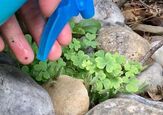

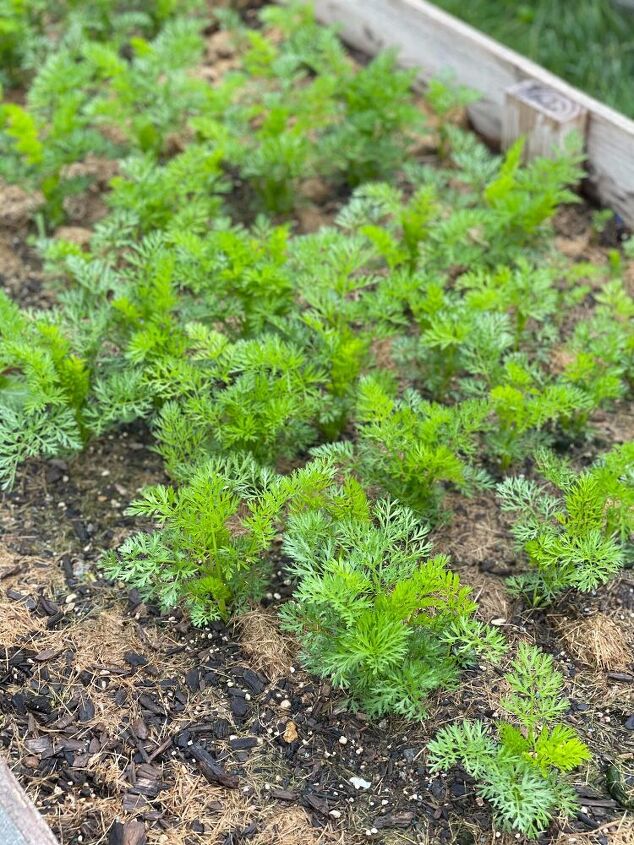












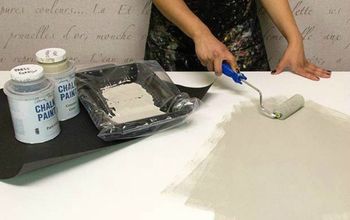
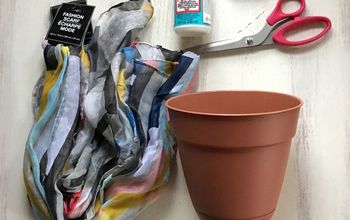




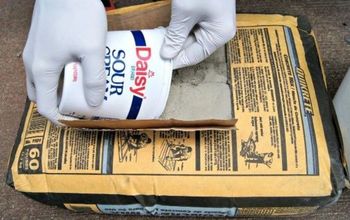
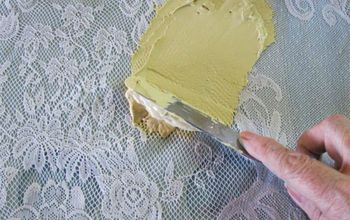


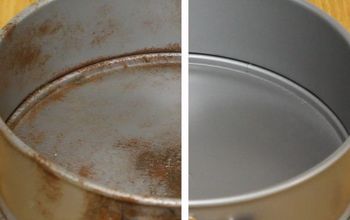

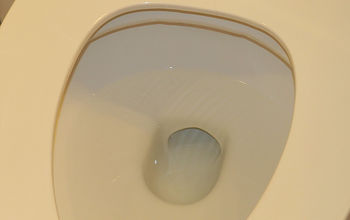

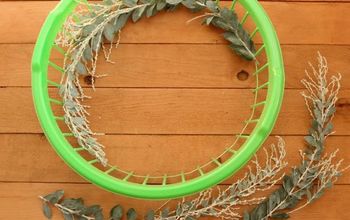


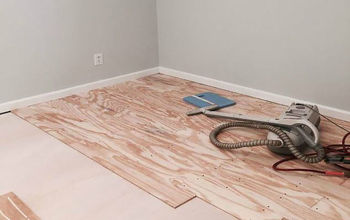
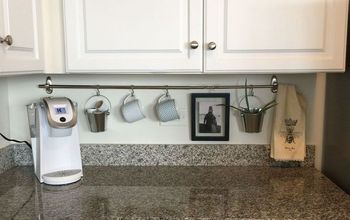
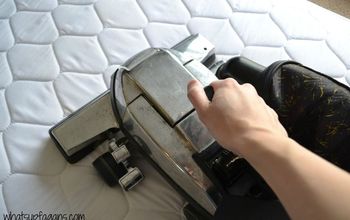
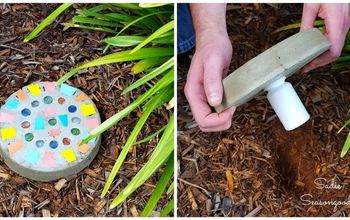
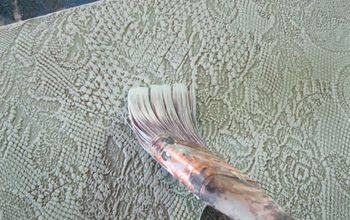

Frequently asked questions
Have a question about this project?